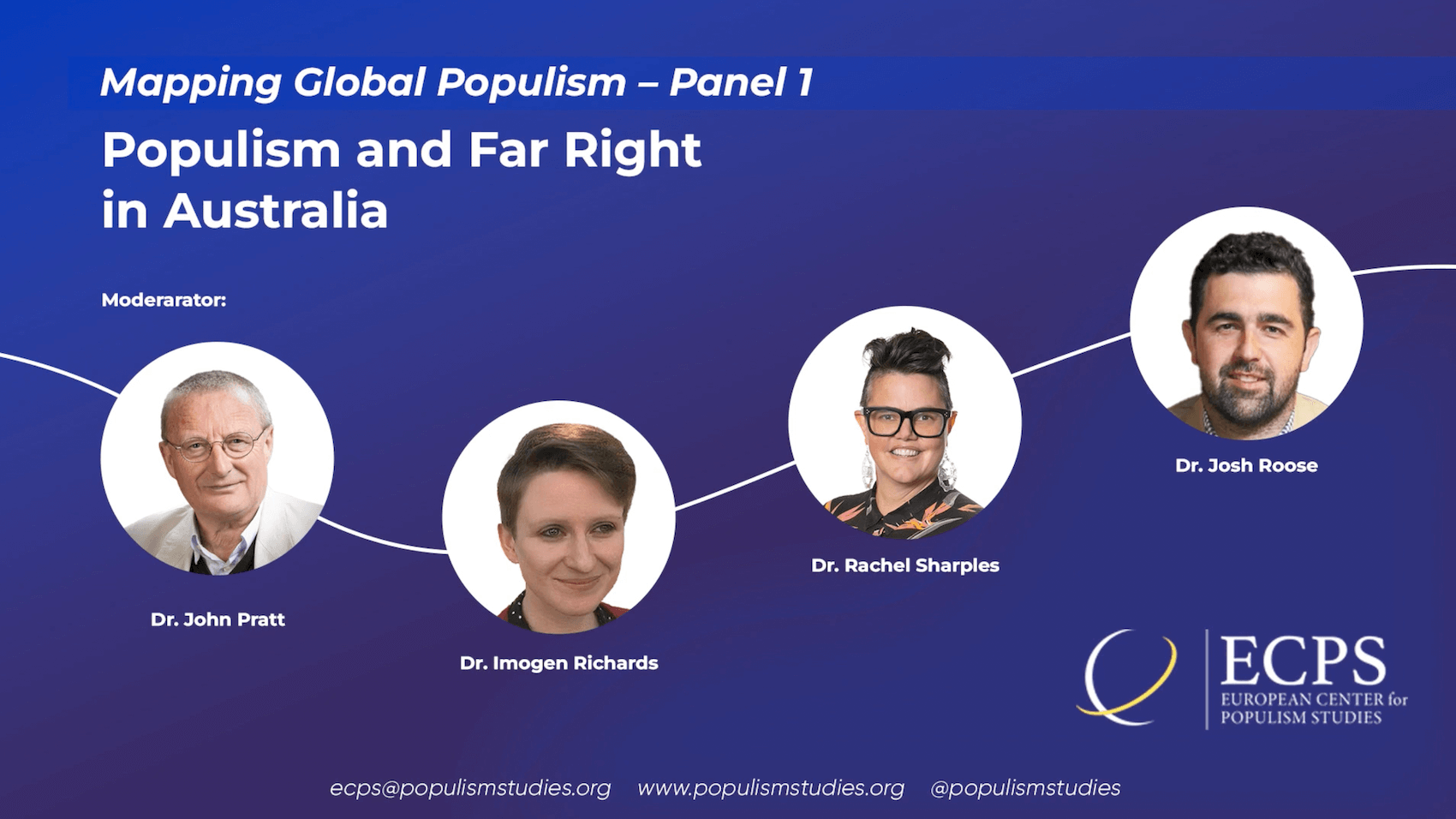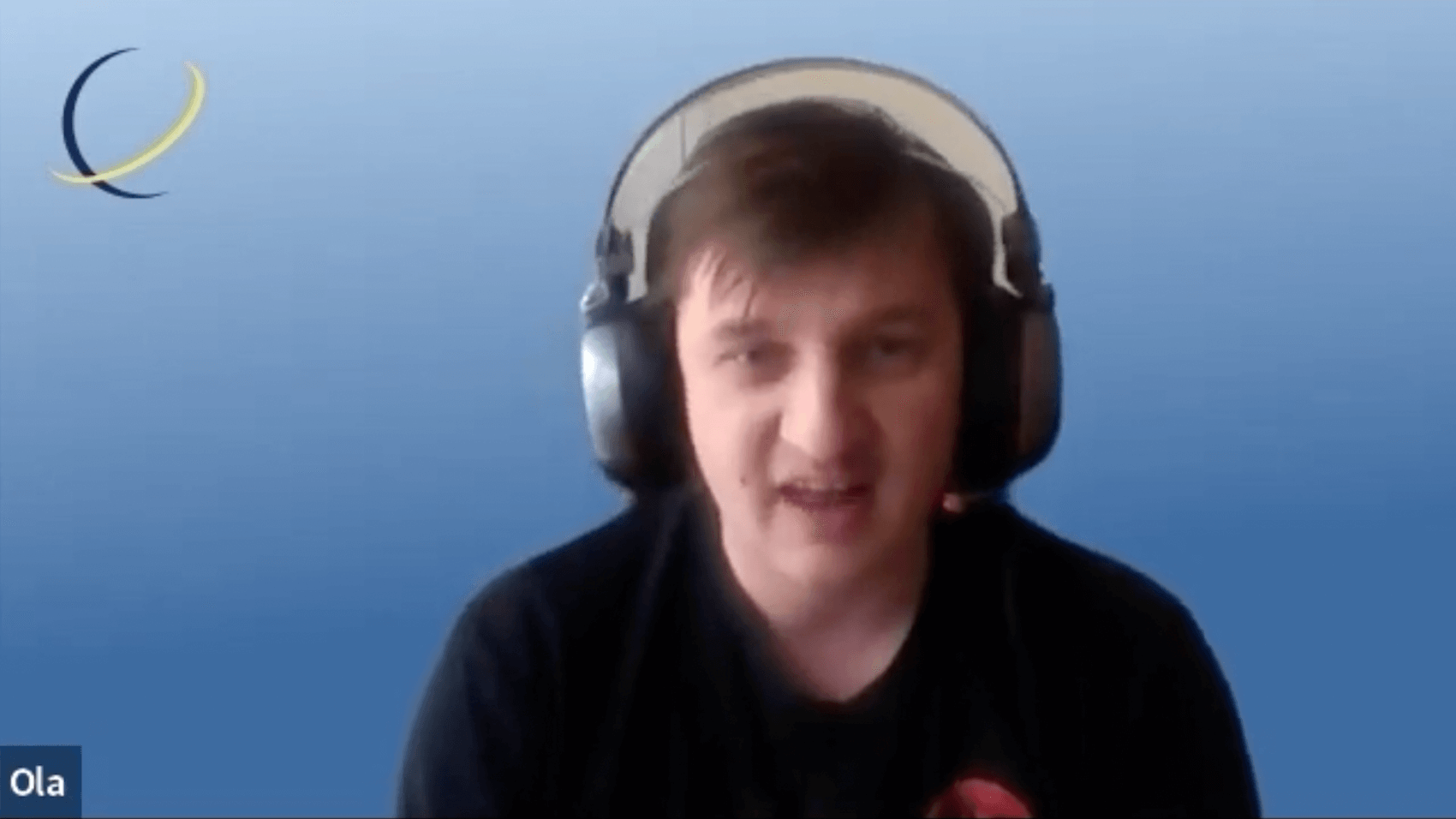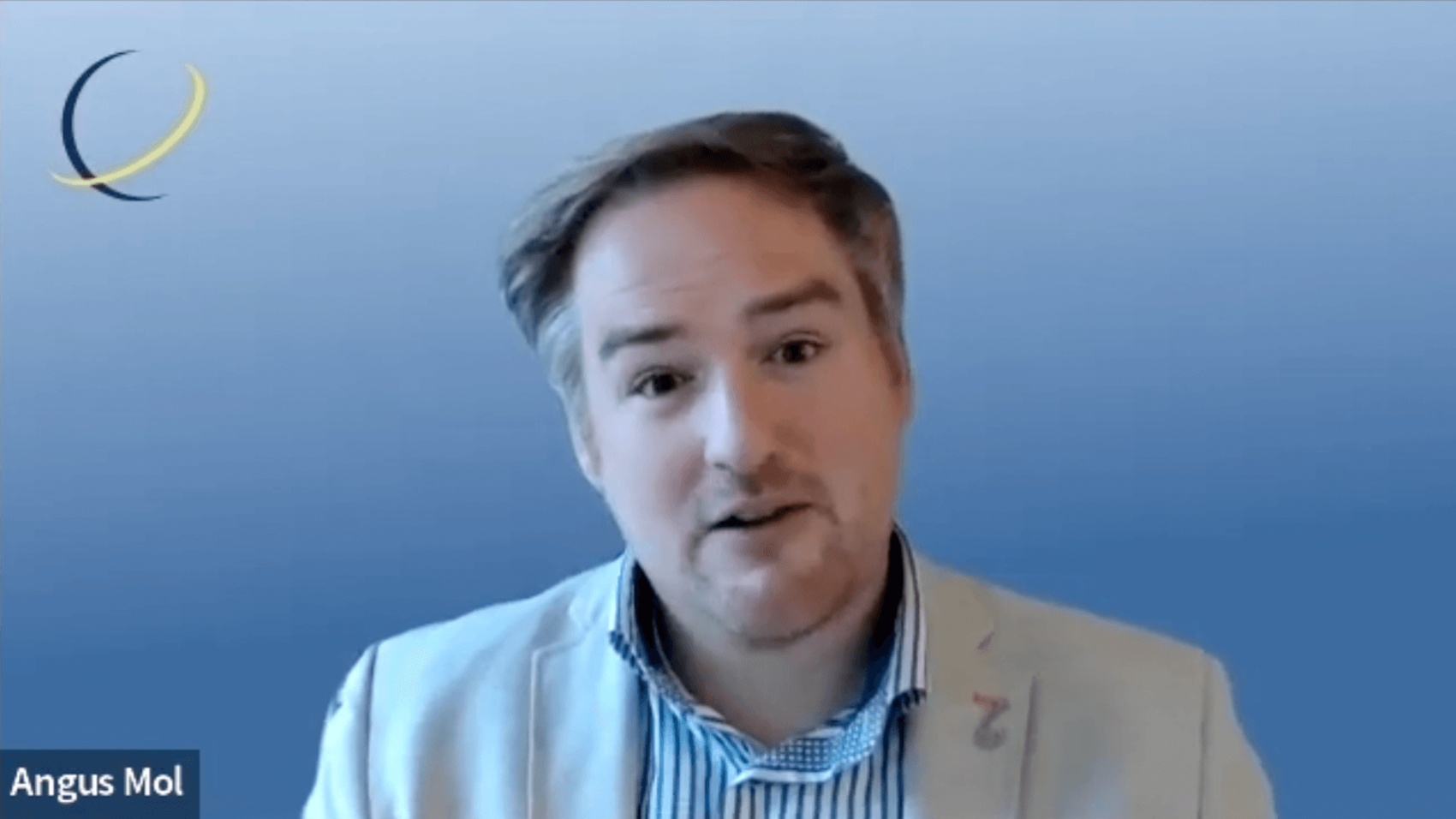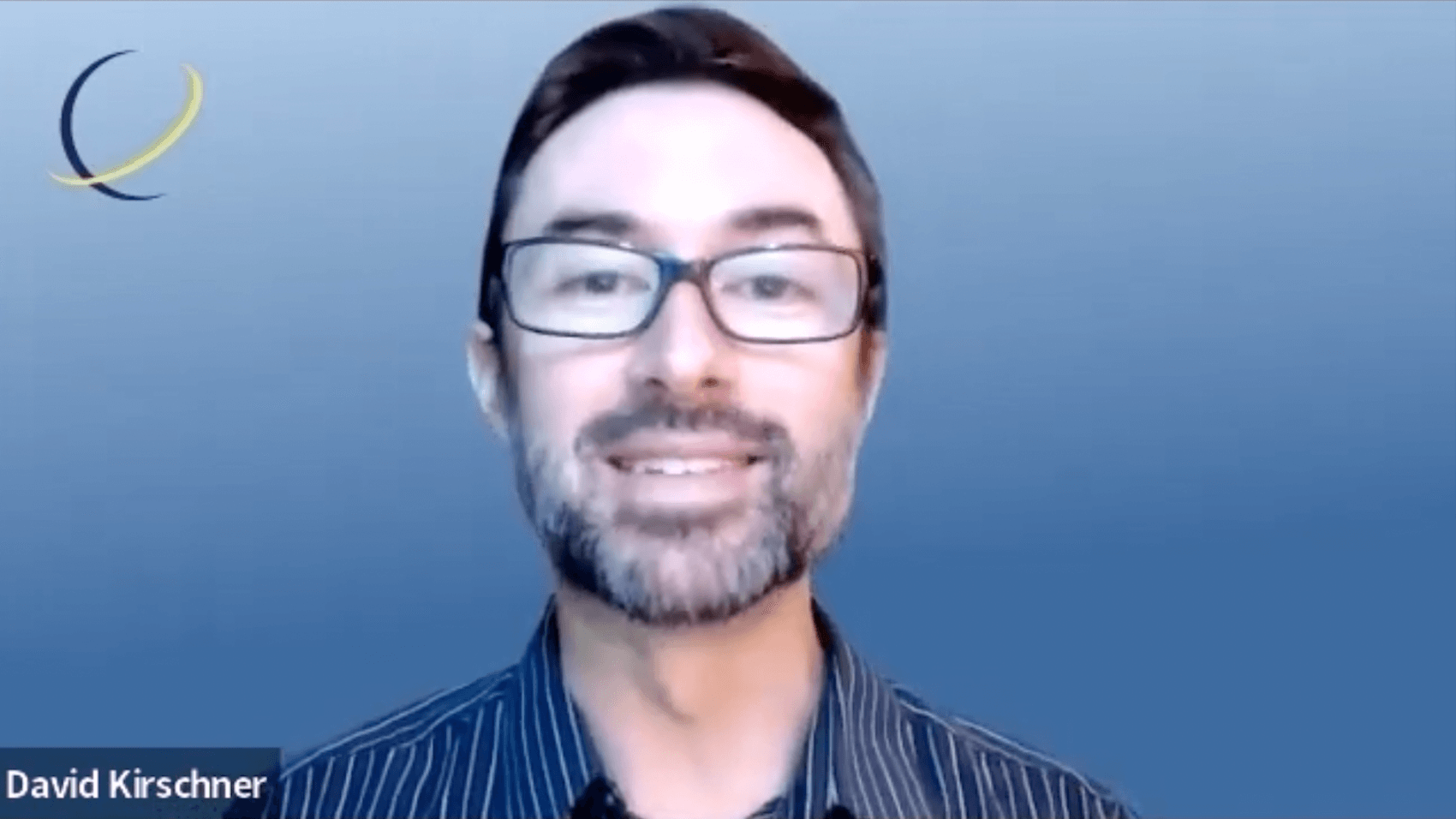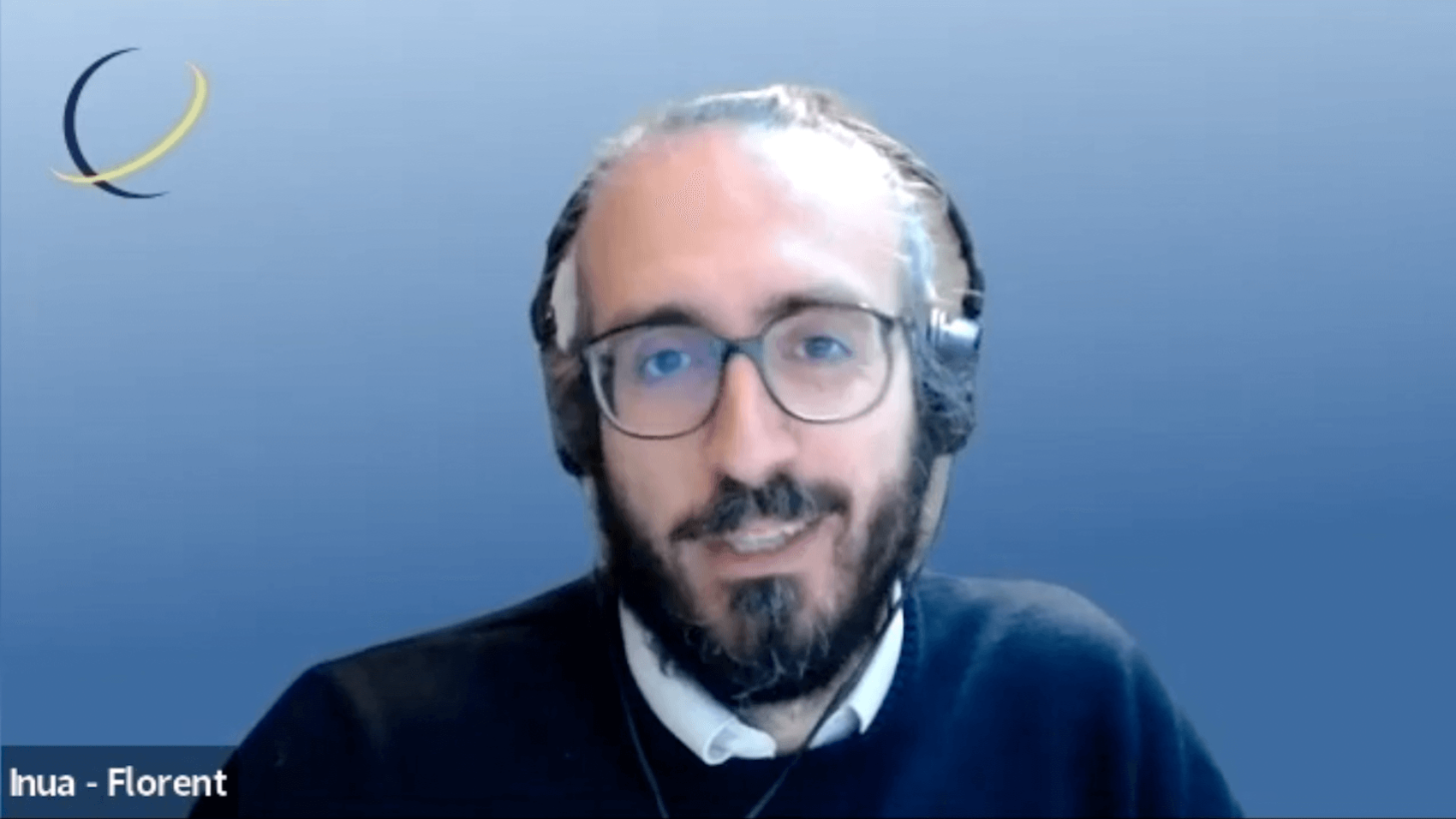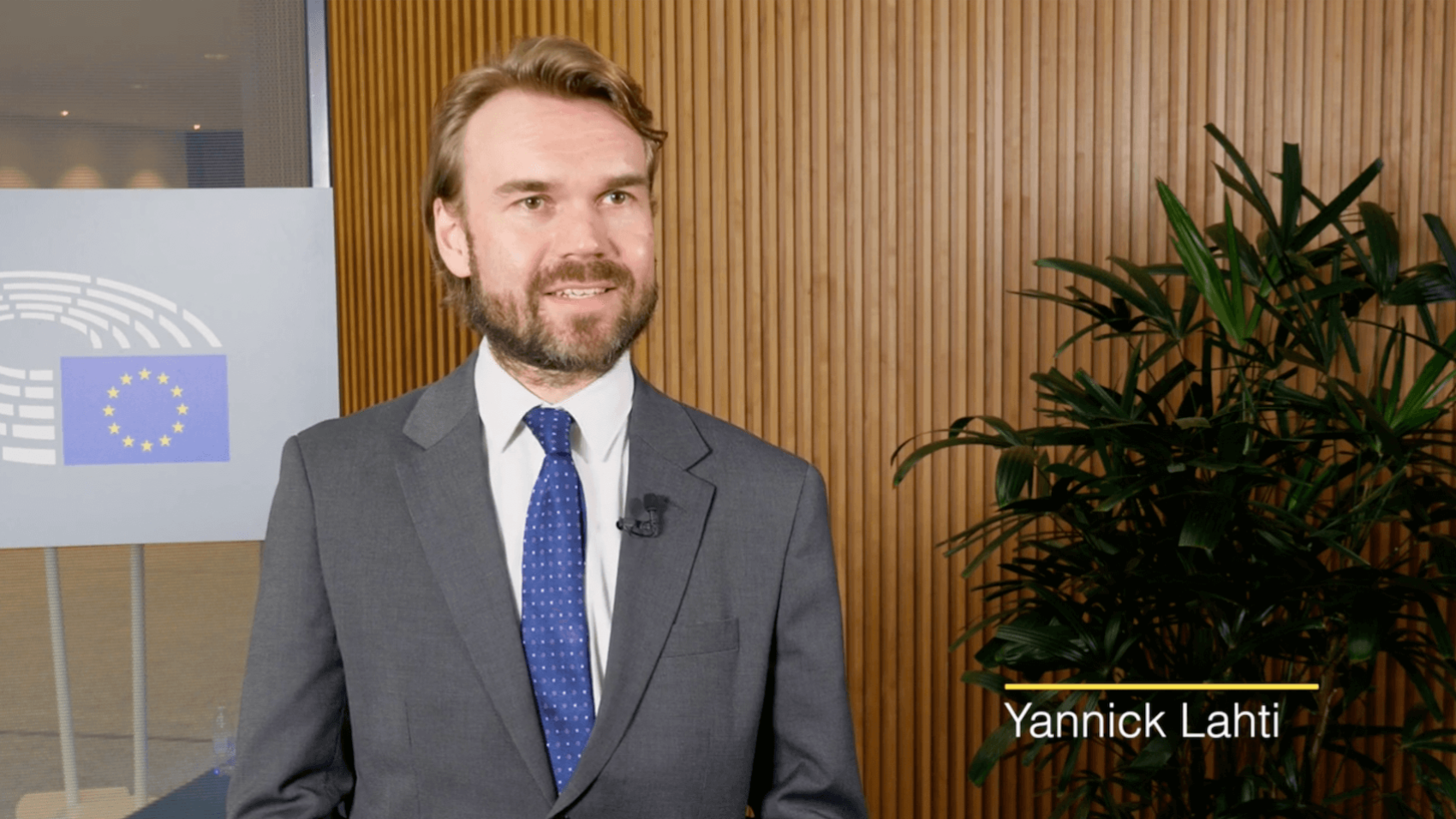Moderator
Dr John Pratt (Emeritus Professor of Criminology at the Institute of Criminology, Victoria University of Wellington, New Zealand)
Panelists
“From past to present: The question of populism, extremism and the far right in Australia,”by Dr Imogen Richards (Lecturer in Criminology at Deakin University, Melbourne, Australia).
“Racism, white privilege and white supremacy in Australia,” by Dr Rachel Sharples (Lecturer of Sociology in the School of Social Sciences, Western Sydney University, Australia).
“Masculinity, Populism and Religion in Australia,” by Dr Josh Roose (Political sociologist and Associate Professor at the Alfred Deakin Institute for Citizenship and Globalisation in the School of Humanities and Social Sciences at Deakin University, Melbourne, Australia).

